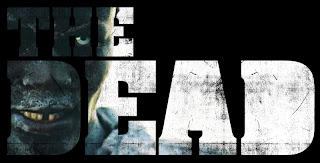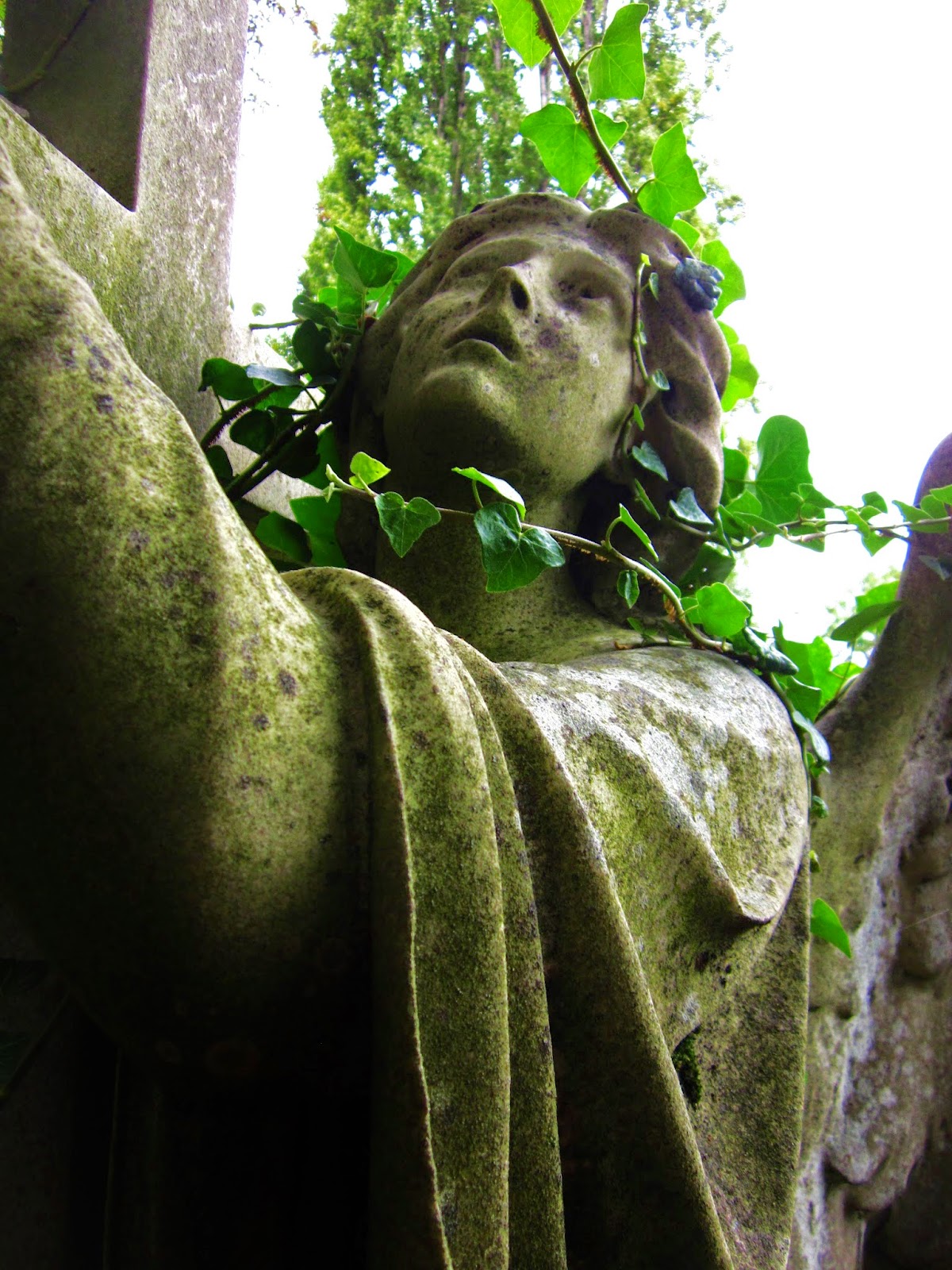The Dead
2010
Dirs. Howard J Ford and John Ford
When the last evacuation flight out of war-ravaged West Africa crashes off the coast, the sole survivor – an American military engineer – teams up with a Ghanaian soldier searching for his son. The pair try to reach the last remaining military airport in an attempt to escape a zombie plague sweeping across the sun-burnished continent – dodging attacks from the hordes of living dead as they go.
Eschewing the usual zombie movie title ('something' of the 'something' dead), the simply titled The Dead adopts a more thoughtful approach to the lumbering zombie sub-genre, and aligns itself more with the likes of Romero than Resident Evil. Despite the ultra-low budget it is filmed in the most breath-taking manner. Opening with a scene that suggests this could be the Laurence of Arabia of zombie films (man emerging slowly from stifling wilderness), the film instantly establishes its quiet, reflective mood. Beautifully photographed sparse landscapes imbue the film with a haunting loneliness – even the majority of zombies seen are lone ones, wandering through the purgatorial landscape.
A frenzied plane full of people attempting to escape the country crashing into the sea early on tricks us into thinking this will be a film about the usual rag-tag group of survivors evading marauding zombie masses on their way to a safe haven. It isn’t. It’s a lone survivor evading marauding zombie masses on his way to a safe haven, enhancing the film’s somewhat downbeat/'losing hope fast' tone. A number of tensely constructed scenes perforate an otherwise reflective and languid narrative; however events become repetitive quite quickly – our protagonists encounter the shuffling, savage and starving undead, and must act quickly to survive. The zombie attacks are pretty relentless but due to their frequency, and the way in which the lead characters never seem to be in too much peril, they become a little monotonous. Lots of convenient coincidences help the plot along, but simultaneously strip it of tension in the meantime.
Setting the story and filming in West Africa (it was shot in Ghana and Burkina Faso) provides the Ford brothers with a stunning backdrop and the suggestion of a political subtext. Striking and effective scenes that could have been lifted wholesale from news footage depict the dead and dying lying by the roadside. The zombies, much like the survivors, are effectively refugees in their own country – nomadically wandering towards an out of reach destination and resolution. One character addresses the situation of warring clans and militias ravaging many parts of Africa, by stating that everyone has put aside their differences to face the greater threat. There is brief talk of a new war between the living and the dead.
The Dead has traces of Jacques Tourneur’s moody cult classic I Walked With A Zombie in its almost poetic and atmospheric approach to its subject matter. Pacing is as somnambulant as the walking dead that populate the story, and this would be fine were it not for the tedium that sets in, lumbering the film with a mainly uninspiring second act. Its ponderous pacing and penchant for gorgeous, lingering shots may make it feel more thoughtful than it actually is (it is arguably just a variation of the most basic zombie film structure), but it still intrigues and eventually emerges as a thought-provoking and strangely moving meditation on the existential nature of mankind.
Dirs. Howard J Ford and John Ford
When the last evacuation flight out of war-ravaged West Africa crashes off the coast, the sole survivor – an American military engineer – teams up with a Ghanaian soldier searching for his son. The pair try to reach the last remaining military airport in an attempt to escape a zombie plague sweeping across the sun-burnished continent – dodging attacks from the hordes of living dead as they go.
Eschewing the usual zombie movie title ('something' of the 'something' dead), the simply titled The Dead adopts a more thoughtful approach to the lumbering zombie sub-genre, and aligns itself more with the likes of Romero than Resident Evil. Despite the ultra-low budget it is filmed in the most breath-taking manner. Opening with a scene that suggests this could be the Laurence of Arabia of zombie films (man emerging slowly from stifling wilderness), the film instantly establishes its quiet, reflective mood. Beautifully photographed sparse landscapes imbue the film with a haunting loneliness – even the majority of zombies seen are lone ones, wandering through the purgatorial landscape.
A frenzied plane full of people attempting to escape the country crashing into the sea early on tricks us into thinking this will be a film about the usual rag-tag group of survivors evading marauding zombie masses on their way to a safe haven. It isn’t. It’s a lone survivor evading marauding zombie masses on his way to a safe haven, enhancing the film’s somewhat downbeat/'losing hope fast' tone. A number of tensely constructed scenes perforate an otherwise reflective and languid narrative; however events become repetitive quite quickly – our protagonists encounter the shuffling, savage and starving undead, and must act quickly to survive. The zombie attacks are pretty relentless but due to their frequency, and the way in which the lead characters never seem to be in too much peril, they become a little monotonous. Lots of convenient coincidences help the plot along, but simultaneously strip it of tension in the meantime.
Setting the story and filming in West Africa (it was shot in Ghana and Burkina Faso) provides the Ford brothers with a stunning backdrop and the suggestion of a political subtext. Striking and effective scenes that could have been lifted wholesale from news footage depict the dead and dying lying by the roadside. The zombies, much like the survivors, are effectively refugees in their own country – nomadically wandering towards an out of reach destination and resolution. One character addresses the situation of warring clans and militias ravaging many parts of Africa, by stating that everyone has put aside their differences to face the greater threat. There is brief talk of a new war between the living and the dead.
The Dead has traces of Jacques Tourneur’s moody cult classic I Walked With A Zombie in its almost poetic and atmospheric approach to its subject matter. Pacing is as somnambulant as the walking dead that populate the story, and this would be fine were it not for the tedium that sets in, lumbering the film with a mainly uninspiring second act. Its ponderous pacing and penchant for gorgeous, lingering shots may make it feel more thoughtful than it actually is (it is arguably just a variation of the most basic zombie film structure), but it still intrigues and eventually emerges as a thought-provoking and strangely moving meditation on the existential nature of mankind.





